Integration with Azure Logic Apps for Backend and Data Scenarios
Understand how Azure Logic Apps integrates with Microsoft Power Platform to orchestrate processes, automate complex workflows, and manage enterprise-scale data integration.
What is Azure Logic Apps
Azure Logic Apps is a cloud-based integration and automation service developed by Microsoft. It is designed to create complex workflows that connect multiple applications, data, services, and systems—both on-premises and in the cloud. It serves as the foundation for Power Automate but focuses more heavily on enterprise and backend integration scenarios.
Logic Apps allows you to build automation pipelines through a graphical designer similar to Power Automate but with greater flexibility and extensibility through Azure components such as Service Bus, Event Hubs, and Azure Functions. These integrations make it ideal for system-level orchestration or large-scale data processing scenarios.
Main Features
- Automation and orchestration of complex business processes.
- Over 400 built-in connectors for Microsoft and third-party services.
- Support for hybrid workflows across cloud and on-premises environments.
- Advanced management of conditions, errors, and retries.
- Integration with Azure API Management to expose workflows as secure REST APIs.
Thanks to its serverless architecture, Logic Apps automatically scales with load and can be configured to execute triggers based on events, timers, or HTTP calls.
Comparison Between Power Automate and Azure Logic Apps
Power Automate and Logic Apps share the same technological foundation but target different audiences and purposes. Power Automate is aimed at business and low-code users, while Logic Apps is designed for IT developers and architects.
| Feature | Power Automate | Azure Logic Apps |
|---|---|---|
| License | Included with Power Platform or Microsoft 365 | Requires Azure subscription |
| Target Users | Business users and citizen developers | IT pros and enterprise developers |
| Scalability | Limited to Power Platform environment | Globally scalable on Azure |
| Azure Integration | Partial | Full integration with native Azure services |
| Code Management | No | Supports CI/CD, DevOps, and version control |
This comparison highlights that Logic Apps is more suitable for backend and data orchestration scenarios, while Power Automate remains the best choice for business-driven and low‑code automations.
Integration with Microsoft Dataverse
Logic Apps includes a dedicated Dataverse (legacy) connector for integration with Power Platform. This enables you to:
- Create, read, update, or delete records in Dataverse tables.
- Trigger workflows in response to data changes.
- Integrate Dataverse with external systems through data pipelines.
It’s important to note that the modern Dataverse connector is available only within Power Platform, while Logic Apps uses the legacy connector to ensure compatibility with enterprise environments.
A typical use case involves sending events from Dataverse to a Logic App through Azure Service Bus or Azure Event Hubs, then orchestrating integration with other ERP or CRM systems.
Example Architecture
The following illustration shows a typical Dataverse–Logic Apps–Azure SQL integration architecture:
In this diagram, Dataverse sends update events to Logic Apps through a connector or webhook. Logic Apps processes the data and transfers it to Azure SQL or other systems, ensuring near real‑time synchronization.
Best Practices for Integration
- Use the Dataverse (legacy) connector only for backend or data integration scenarios.
- Adopt Service Bus or Event Hubs for reliable asynchronous communication.
- Implement native Logic Apps retry and error handling for resilience.
- Secure workflows through OAuth 2.0 authentication and API Management.
- Monitor executions using Azure Monitor and Application Insights.
These practices help you build scalable and secure solutions, reducing maintenance complexity and improving operational visibility.
Frequently Asked Questions About Azure Logic Apps and Power Platform
What is the main difference between Power Automate and Logic Apps?
Power Automate is intended for business users and citizen developers, while Logic Apps is an enterprise-grade platform for IT developers requiring complex integrations with other Azure components.
Can I use Logic Apps to integrate Dataverse with an external SQL database?
Yes. Logic Apps can read and write data to Azure SQL, Dataverse, and other systems through connectors and pipelines, ensuring continuous data synchronization.
Do I need a Power Platform license to use Logic Apps?
No, Logic Apps requires an Azure subscription but can interact with Power Platform components through APIs or connectors.
Want to Learn More About Power Platform and Azure Integration?
Check out our complete guide to Azure integrations or explore our Power Platform training paths.

